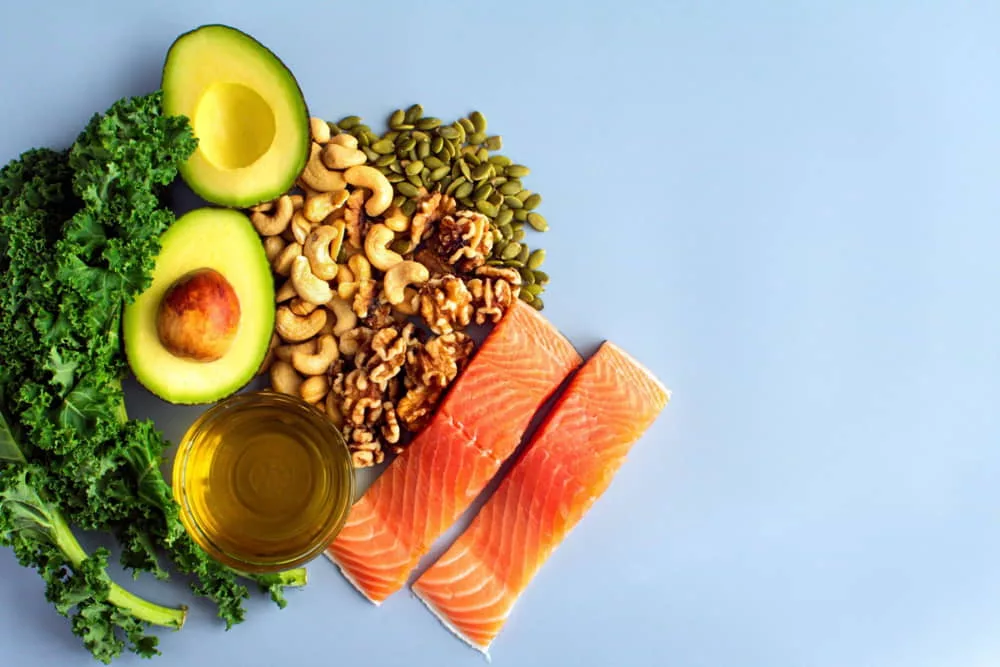Inflammation is a double-edged sword. While it’s a natural and essential part of your body’s defense mechanisms, chronic inflammation can wreak havoc on your health.
This guide dives deep into the science of anti-inflammatory eating, offering actionable insights and strategies to help you lead a healthier life.
What Exactly is Inflammation?
Inflammation is your body’s first line of defense against infection, injury, or harmful substances. However, when inflammation becomes chronic, it can lead to serious health issues like heart disease, diabetes, and even cancer.
Understanding the difference between acute and chronic inflammation is crucial for effective prevention and treatment.
The Scientific Foundations of Anti-Inflammatory Eating
The Role of Omega-3 Fatty Acids
- Mechanism: Omega-3 fatty acids inhibit the production of inflammatory molecules like eicosanoids and cytokines.
- Sources: Fatty fish such as salmon, flaxseeds, and walnuts.
- Impact: Reduced symptoms of conditions like rheumatoid arthritis and decreased risk of heart disease.
The Power of Antioxidants
- Mechanism: Antioxidants neutralize free radicals, unstable molecules that cause oxidative stress and inflammation.
- Sources: Berries, dark chocolate, and nuts.
- Impact: Lowered inflammation markers and improved cellular health.
The Importance of Fiber
- Mechanism: Fiber promotes the production of short-chain fatty acids (SCFAs) in the gut, which have anti-inflammatory properties.
- Sources: Whole grains, fruits, and vegetables.
- Impact: Reduced inflammation markers like C-reactive protein and improved gut health.
Life-Changing Benefits of Anti-Inflammatory Eating
- Pain Relief: Experience significant reductions in chronic pain conditions like arthritis.
- Digestive Harmony: Improve gut health and alleviate symptoms of digestive disorders like IBS.
- Mental Boost: Enhance cognitive functions and mental clarity.
- Weight Management: Aid in weight loss by opting for nutrient-dense, low-calorie foods.
How to Implement an Anti-Inflammatory Diet
- Start with Omega-3s: Incorporate more fatty fish, flaxseeds, and walnuts into your meals.
- Boost Antioxidant Intake: Opt for berries, dark chocolate, and green tea.
- Fiber Up: Choose whole grains, fruits, and vegetables for a fiber-rich diet.
- Avoid the Bad Stuff: Processed foods, sugary beverages, and excessive fats can trigger inflammation.
Conclusion
The science behind anti-inflammatory eating is both fascinating and empowering. By making informed choices, you can significantly reduce inflammation markers, improve your overall health, and enhance your quality of life.
Disclaimer: This article is for informational purposes only and should not replace professional medical advice.


